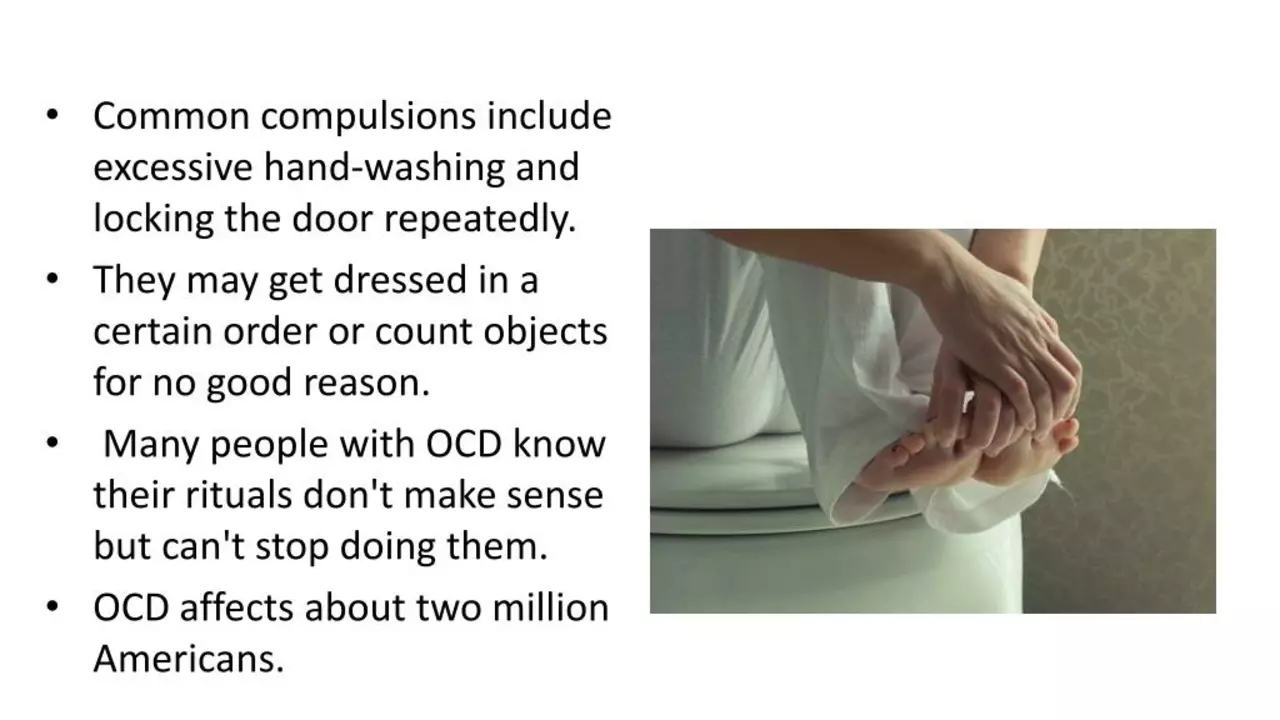Dosulepin: Essential Facts You Should Know
If you've heard about dosulepin or been prescribed it, you probably want clear and straightforward info. Dosulepin is a tricyclic antidepressant often used to treat depression and sometimes nerve pain. It works by changing the balance of chemicals in your brain to help boost mood and ease symptoms.
Before starting dosulepin, it's important to know how to use it right and what to watch out for. This drug can be very effective but also comes with some common side effects like drowsiness, dry mouth, and dizziness. Because it affects your nervous system, you might notice it makes you sleepy, so it's usually best to take it at night.
How Dosulepin Works and When to Use It
Dosulepin affects neurotransmitters—those chemical messengers that communicate within the brain. By increasing serotonin and norepinephrine levels, it helps lift mood and reduce anxiety. Doctors often recommend it not only for depression but also for certain types of nerve pain or even anxiety disorders.
This medicine isn't a quick fix; it may take a few weeks before you feel its full effects. It’s crucial to keep taking it as directed, even if you start feeling better, and never stop suddenly to avoid withdrawal symptoms.
Safety Tips and Side Effects to Keep in Mind
Some side effects are more common than others, such as dry mouth or feeling sleepy. If these bother you, talk with your doctor—sometimes dosage adjustments help. Watch for any unusual mood changes or worsening symptoms and report them immediately.
Also, be aware of possible interactions with other medications, especially alcohol, which can increase drowsiness and other risks. Dosulepin may not be suitable for people with certain heart problems or glaucoma, so share your medical history clearly with your healthcare provider.
In short, dosulepin can be a useful medication when used right. Knowing how it works, its effects, and safety advice helps you make the most of your treatment and avoid common pitfalls. Always keep your doctor in the loop and ask questions if anything feels off—that’s the best way to stay safe and well.
Dosulepin for Obsessive-Compulsive Disorder (OCD): Potential Benefits and Drawbacks
- DARREN LLOYD
- 10
Hey there, folks! So, we're diving into the deep end today, chatting about Dosulepin and its role in treating Obsessive-Compulsive Disorder (OCD). The upside? Dosulepin could potentially ease the mental loops and hand-washing marathons OCD is notorious for. But hold onto your hats, it's not all sunshine and rainbows. While the potential benefits are intriguing, we can't ignore the drawbacks, such as possible side effects. So, it's kind of like getting an extra scoop of ice cream, only to find out they're out of your favorite flavor - bittersweet, but still worth considering!
READ MORE
